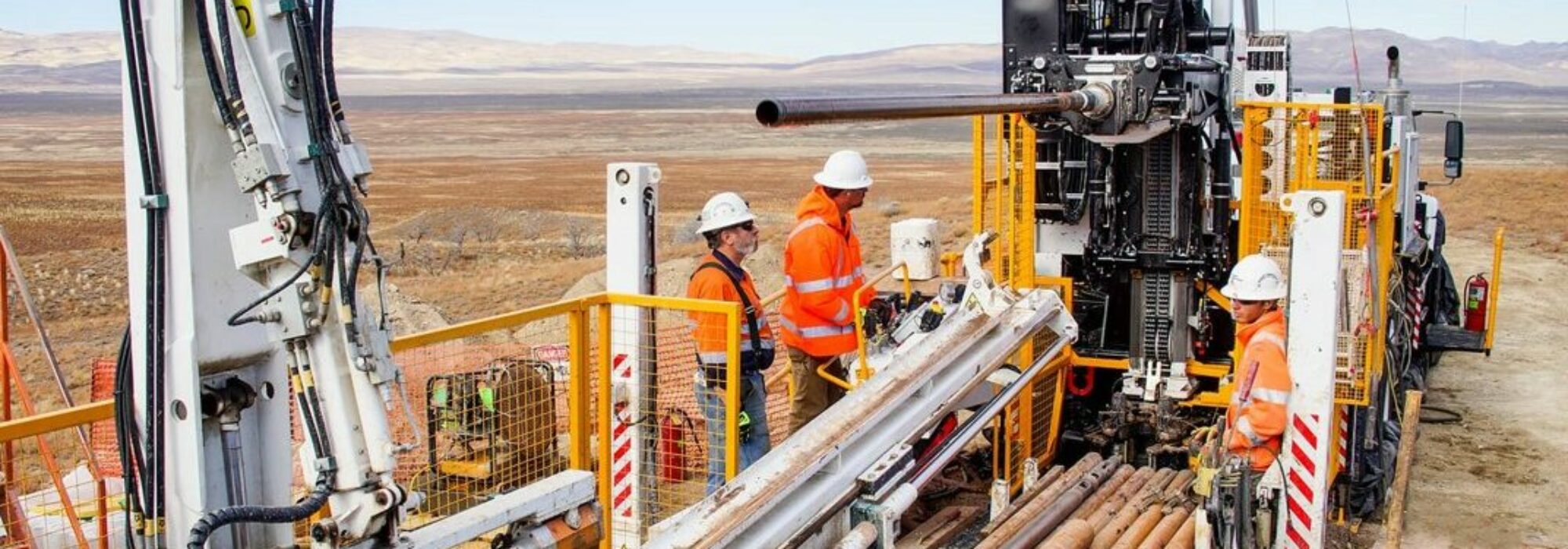
Measuring the impact of new drilling technologies to encourage reflection on evolving human resources strategies

Groupe MISA, in partnership with the Quebec Mineral Exploration Association (QMEA), tasked Aviseo with documenting strategies to be employed, particularly in relation to human capital, to promote the implementation of new technologies and innovations in Quebec’s exploration drilling industry.
The intent was to lay the groundwork for a management plan to implement the latest developments in drilling in order to enhance the competitiveness of Quebec businesses in the industry.
The project was carried out at a time when automation and connectivity technologies have become increasingly accessible and available, creating a favourable context for drilling companies to modernize and integrate Industry 4.0 principles into their operations.
We noted, among our key findings, that the interaction of three transformations—namely of the client relationship, drilling, and the driller trade, which were all supported and even caused by technological innovation—involves changing roles and responsibilities in the mineral exploration value chain. Professions ranging from geologists to driller assistants will evolve in different ways.
Highlights
- All of the required ingredients have been brought together to modernize the industry. However, Quebec is falling behind when compared with foreign competition.
- Six needs and issues shape the future:
- Accelerating the cycle of discovery;
- Accelerating decision-making within drilling programs;
- Increasing drilling performance in a context in which work is being carried out deeper and in more remote areas;
- Handling a labour shortage that puts pressure on automation;
- Increasing the emphasis on protecting the environment;
- Improving drillers’ work experience.
- Three major transformations will shape the industry:
- Drilling programs will become fully connected and monitored in real time by program managers, with faster communication and decision-making for each borehole drilled;
- Drilling will become increasingly automated as a result of drills with sensors connected to smart drilling software systems that adapt to geological conditions in real time;
- Increased automation will allow drillers to carry out other tasks such as handling geoscientific instruments that are preprogrammed by experts for on-site drilling and analytical laboratory operations.
Organized into seven complementary chapters, this white paper was written to guide readers through the transformation that awaits Quebec’s mineral exploration drilling industry.
Please note this publication is only issued in French.
Insights
See more publications
